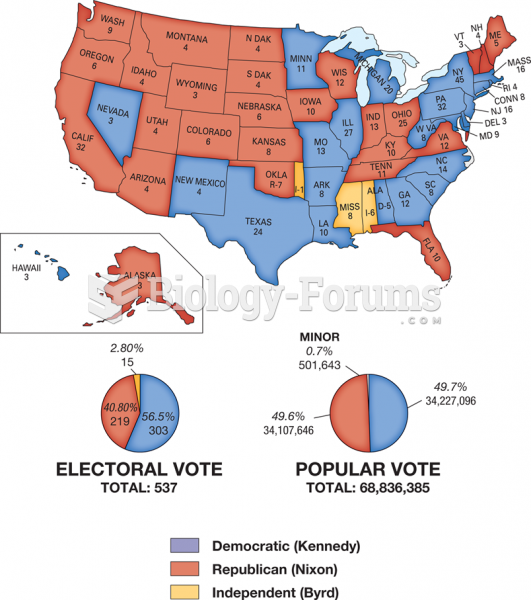Answer to Question 1
Answer: An ideal response will:
1. Identify that even with universal suffrage, a number of factors affect voter turnout, ranging from structural factors, such as state regulations, to personal choices.
2. Explain how factors such as income and education affect voter turnout, noting that people with higher levels of education and income have higher voter turnout rates on average. Apply these factors to your circumstances.
3. Explain how these factors influence which party you are most likely to vote for.
4. Describe the differences in voter turnout between racial and ethnic groups, noting which ones have higher levels of turnout.
5. Review the difference in voting behavior by age, noting that people over thirty are more likely to vote than those under thirty.
6. Explain how civic engagement and an interest in politics are more likely to lead people to vote.
7. Relate the previous points to your own feelings about voting and likely voting behavior.
Answer to Question 2
Answer: An ideal response will:
1. Describe the factors that influence voter turnout: income and education, race and ethnicity, gender, age, civic engagement, and interest in politics.
2. Explain the various reasons why Americans do not turn out to vote. For example, other commitments, difficult registration requirements, difficulty in voting, the number of elections, alienated and apathetic voters, and weakened political parties.
3. Choose a group and list several proposals for improving voter turnout for that group specifically. This may include adjusting the schedule of elections; mechanisms for making voting easier such as early, online, and mail voting; mechanisms for increasing registration such as Election Day registration; modernization of the ballot; and steps to reinvigorate the party system in the United States.
4. Provide a clear justification for your policy choices.







